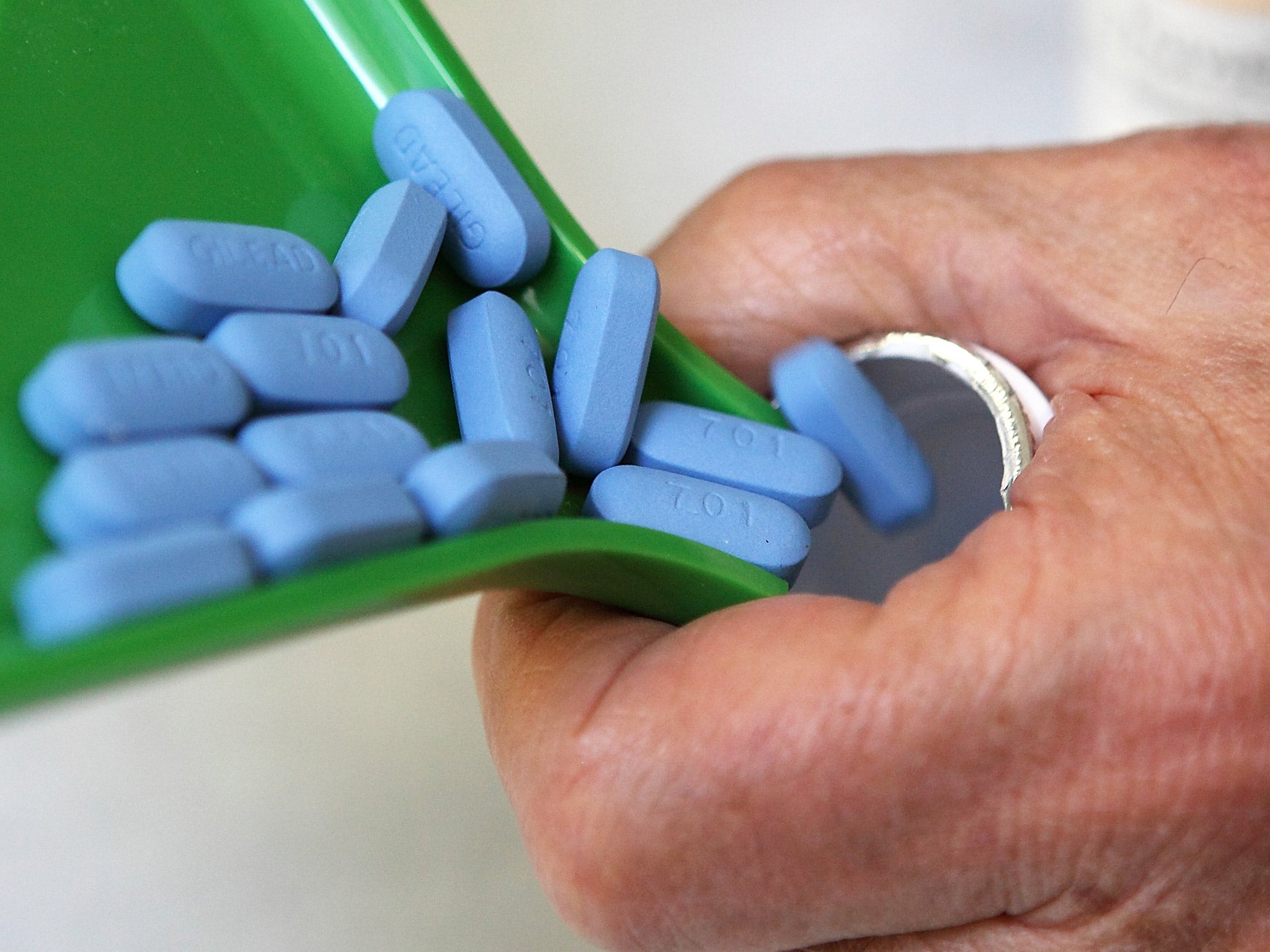NHS groups made millions from undeclared deals with drug companies
Health officials say sponsorship deals free up funding for patient care, but academics warn influence of pharmaceutical firms impacts how doctors prescribe

NHS groups have received millions of pounds in undeclared payments, sponsorship and hospitality from drug companies and private sector organisations, an investigation has found.
Clinical commissioning groups (CCGs) are supposed to declare all payments from outside sources in a public register, but an investigation by The BMJ found £3.7m in funding that wasn’t recorded.
Registers of the 207 NHS CCGs reported £1.28m worth of income, including gifts and hospitality, from private sector or charity organisations between April 2015 and March 2017.
Freedom of Information requests, submitted in collaboration with researchers from the University of Bath and Lund University, Sweden, identified a total of £5m received over the period.
Piotr Ozieranski, a lecturer in social policy and sciences the University of Bath, said that even contributions of small monetary value can have a big influence on doctors’ behaviour, and are part of a pattern dubbed the “pharmaceutical gift cycle”.
CCGs were established as part of former Health Secretary Andrew Lansley’s 2012 reforms of the health service, and aimed to put GPs and other NHS clinicians who understand local health needs in charge of buying NHS services.
There are strict rules on conflicts of interest to prevent practising health professionals benefiting from the funding and contracting decisions they make in their CCG role.
The Department of Health launched an investigation in 2015 after CCG and hospital leaders involved in deciding what drugs should be bought were discovered to be also acting as consultants for pharmaceutical companies.
The BMJ found that two-thirds of the 4,600 payments it identified were reported in the public register, but these only account for a quarter of the £5m received in total.
Tickets to sporting events and concerts were offered by other private sector companies to NHS managers responsible for £73.6bn of NHS funds – roughly two-thirds of the total health service budget – the public registers of the CCGs show.
The BMJ article reports: “In 2016 Centreplate, a catering and hospitality company, gave NHS Rotherham CCG eight tickets to Rotherham United’s Christmas ball and eight tickets to the football club’s awards ceremony, worth a total of £1,216.”
While Sunderland University “gave NHS Sunderland CCG tickets to a Beyoncé concert worth a total of £319”, as part of a nurse education partnership at no cost to the CCG.
But almost three-quarters (73 per cent) of the funding identified by The BMJ was attributed to sponsorship deals struck with drug companies on educational events for doctors, nurses and other health practitioners.
This could include the manufacturer of a particular asthma treatment hosting a series of workshops on the management and diagnosis of asthma and other respiratory conditions.
Some CCGs received “unsolicited offers” of sponsorship funding for events and training, while others published a list of events and sent them to pharmaceutical groups for sponsorship.
These earned tens, or even hundreds of thousands of pounds for the CCG – funds which they say allow CCGs to run educational events without taking money from frontline patient services.
A further 19 per cent of the £5m in drug company funding is for outreach projects.
One such project identified by The BMJ involved £24,000 paid to NHS Southwark CCG by major pharmaceutical manufacturers Bayer, Boehringer Ingelheim and Pfizer, companies which all market treatments for atrial fibrillation.
The funds were used for a project with GP practices “to ensure patients with atrial fibrillation were receiving appropriate stroke prevention therapies”.
The CCG said information on the funding of this programme is available to “anyone who wishes to submit a request for information through the freedom of information route”.
Nine CCGs account for half the funding identified by The BMJ, but several CCGs have blanket bans on these external funding arrangements.
NHS Hastings and Rother CCG is one of these; its chief operating officer Jessica Britton told The BMJ: “This helps to avoid any potential or real situations of undue bias or influence in the decision making of the membership of the CCG, governing bodies, or staff.”
Paul Glasziou, professor in the Centre for Research in Evidence-Based Practice at Bond University, Gold Coast, Australia, told The BMJ that drug company involvement in education does impact doctors’ behaviour.
“Pharmaceutical company dominance of the funding of continuing medical education can result in prescribing that harms,” he said, adding that doctors are often “naïve about the persuasion tactics” used in these events, which meant they urgently needed to be better regulated.
Sheuli Porkess, interim executive director of research at the Association of the British Pharmaceutical Industry, said: “We share an ambition with the NHS to see greater transparency and disclosure of information around industry support to healthcare organisations and professionals.”
A spokesperson for NHS Clinical Commissioners, an independent membership organisation for CCGs, said: “This BMJ investigation seems to imply that there is some wrong doing on the part of CCGs by working with external companies and pharmaceutical organisations, which we would strongly challenge.
“The NHS England guidance is clear, as are we, of the benefits to NHS staff and patients of securing the right kind of sponsorship for learning, development and networking opportunities.”
NHS England was asked to comment on the issues identified by The BMJ, but had yet to respond at the time of publication.
Join our commenting forum
Join thought-provoking conversations, follow other Independent readers and see their replies
Comments